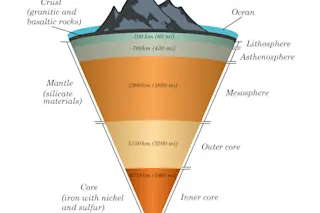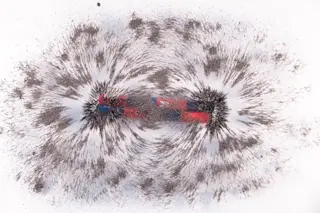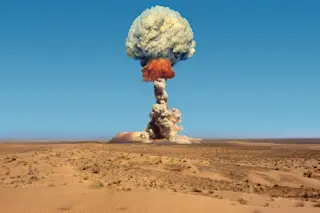What's the News: Japan raised its assessment of the severely damaged Fukushima Daiichi nuclear power plant to Level 7, "Major Accident," the highest ranking on the International Atomic Energy Agency's International Nuclear and Radiological Event Scale. The explosion at Chernobyl in 1986 is the only other nuclear accident to be ranked at Level 7. Both accidents were extremely severe, the two largest nuclear power accidents ever---but there are some big, important differences between them. What's Similar:
A Level 7 accident is a "major release of radioactive material with widespread health and environmental effects requiring implementation of planned and extended countermeasures," according to the IAEA. Both plants clearly meet these criteria: Fukushima will require an extensive clean-up effort, and the international community is still working to make the area near Chernobyl safe.
The situation at Fukushima also qualifies as Level 7 by the numbers. Japanese officials estimate the reactors have released ...







